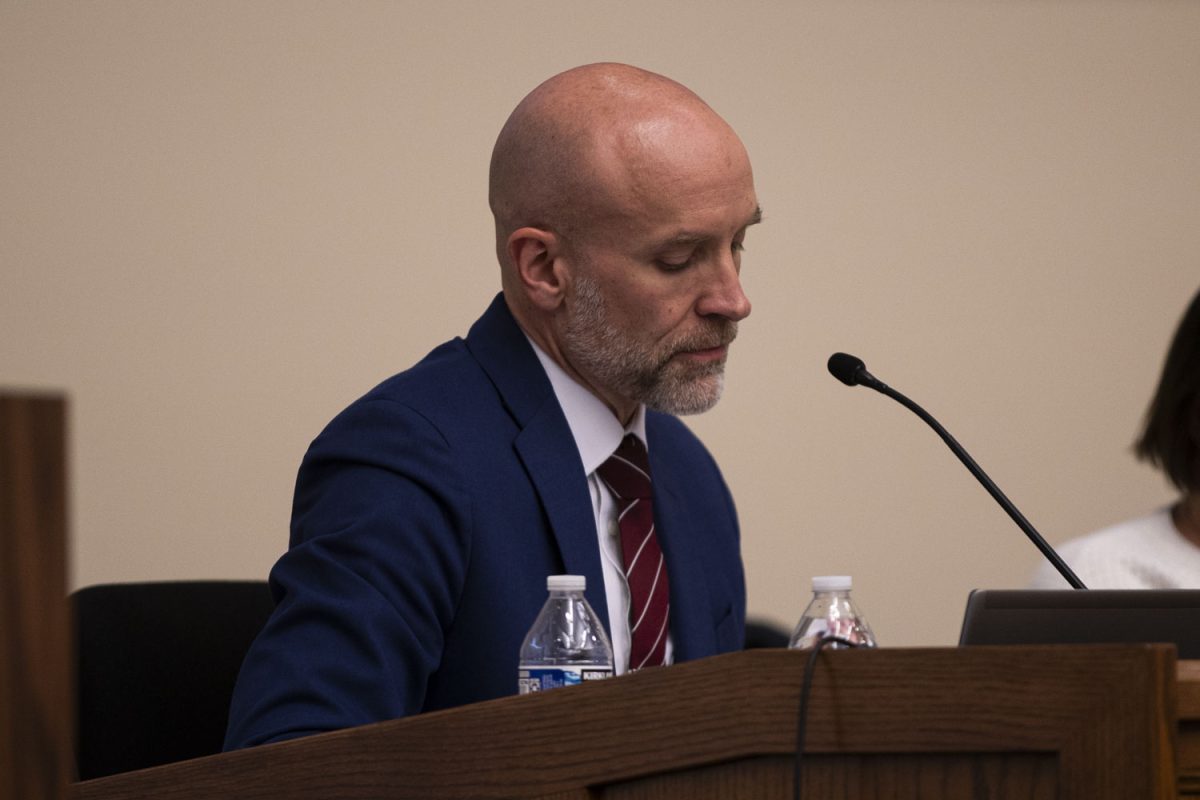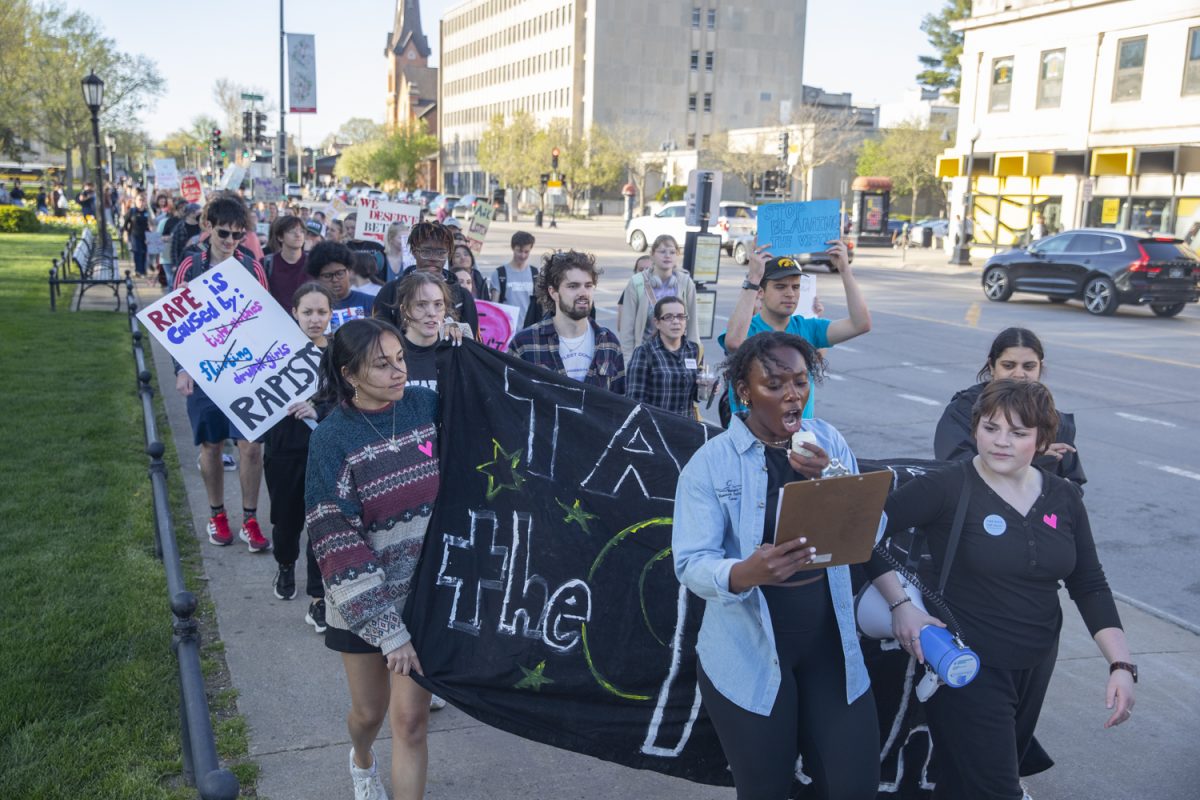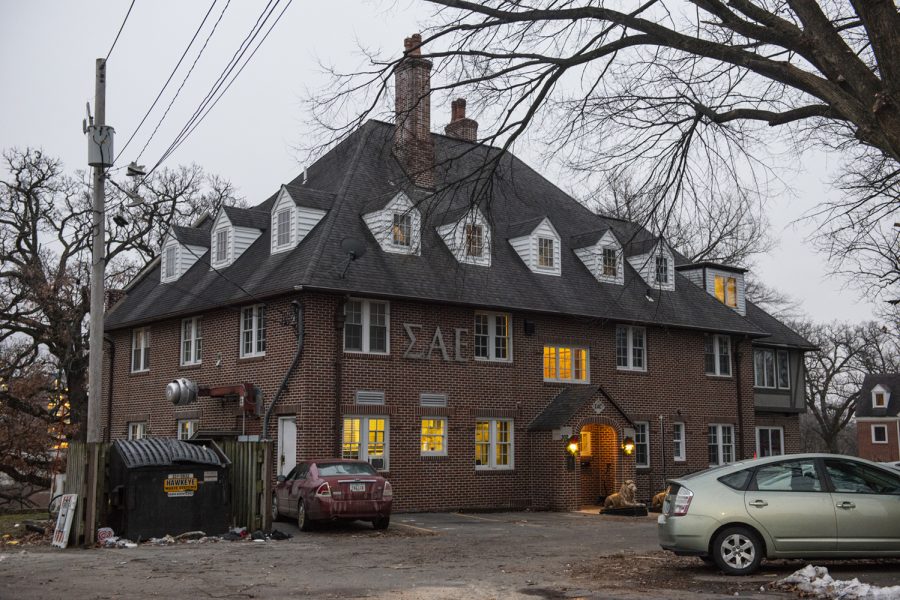The University of Iowa’s six-point plan to combat sexual assault has been completed, according to updates made on April 5 to the Office of the President’s website.
This update comes just days after university officials were criticized in UI Student Government elections for not being transparent enough about the plan.
Then-UI President Sally Mason introduced the six-point plan to combat sexual assault after making controversial comments concerning the issue in February 2014. Current UI President Bruce Harreld has indicated he will continue its momentum.
Monique DiCarlo, the UI sexual misconduct response coordinator, said the number of reported sexual assaults has increased in the past year, from 83 in 2014 to 92 in 2015. She said this does not mean that the number of incidents of sexual assaults has increased, however.
“These reports aren’t the same as incident rate,” DiCarlo said. “A report can range from somebody saying ‘I was sexually assaulted’ to somebody’s roommate who isn’t sure what happened but is afraid that a sexual assault may have occurred.”
DiCarlo said that the higher number of reports simply proves bystanders are more willing to take action because of education techniques implemented by the UI under the plan.
The plan’s initial goal was to address six issues regarding sexual assault — to crack down on offenders, increase support to survivors, improve prevention and education, improve communication, increase funding to preventative and education services, and listen to student input and report back.
The UI has addressed these points in a number of ways, officials said.
Kira Pasquesi, the head of the Student Advisory Committee on Sexual Misconduct, said according to the recent update to the six-point plan, three offenders have been expelled from the university since April 2014.
Second, the six-point plan promised increased support to survivors.
“There’s been a really strong commitment to continue our work on campus and strengthen not only our prevention work but also do policy review work,” DiCarlo said. “We’ve also increased access to external resources.”
Another goal of the six-point plan was to improve prevention and education. Though education and prevention were increased, DiCarlo said she would like to see more done in this area.
“This is a cultural problem. We can’t wait until people get to college to teach prevention. We need to be doing that earlier,” said DiCarlo, who proposed education and teaching prevention in K-12 public schools as well.
Additionally, according to the plan’s update, the equivalent of one full-time employee at the Rape Victim Advocacy Program and one and a half positions at the Women’s Resource and Action Center have been hired.
The fourth piece of the six-point plan was to improve communication.
This has been addressed by implementing so-called timely warnings, said Georgina Dodge, the UI chief diversity officer. Dodge said changes included language adjustments and trigger warnings in communications to students.
“The Student Advisory Committee met regularly with President Harreld and other administrators,” Dodge said.
For the fifth point, DiCarlo said the university has increased funding to UI Office of the Sexual Misconduct Response Coordinator. According to the plan update, this includes a 2014 Department of Justice Office on Violence Against Women $300,000 Campus Grant.
Finally, the UI has been fulfilling its obligation to listen and report back through implementation of the Student Advisory Committee, officials said.
Dodge said that the student Advisory Committee has been able to update the timely warning system and address issues such as safety walks.
“I’m grateful for the students that participate on the Student Advisory Committee,” DiCarlo said. “They are certainly engaged with our work and have clearly demonstrated a commitment.”
The university also gets feedback from students by anonymously surveying all students on campus in climate surveys. DiCarlo said the university did initial surveys at the beginning of the year and is preparing to conduct end-of-the-year surveys to see how the numbers compare.
“We’re hopeful that the climate survey will begin the ability to measure the incident rate,” she said. “Having an anonymous climate survey allows you to measure how often our community is experiencing this issue. It will be important to continue to do this as a way to measure whether the incident rates are going up or down.”
Harreld said in a statement that the needs and priorities identified by the University of Iowa Antiviolence Coalition will shape work done in the future.







